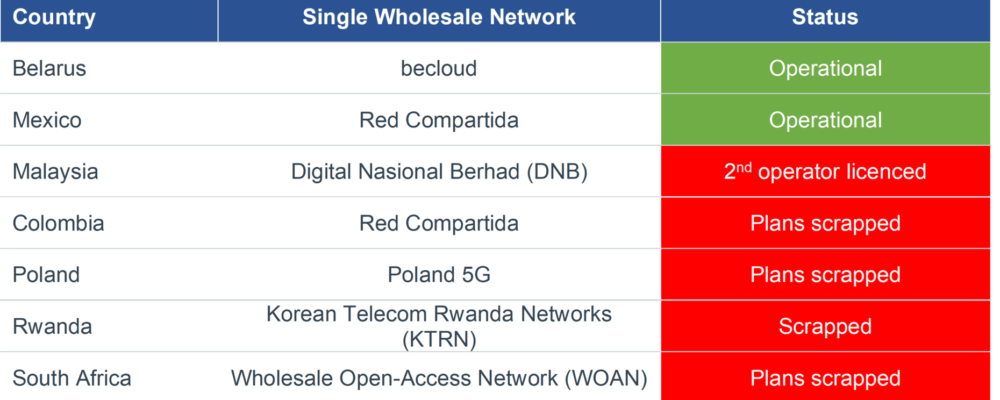As part of its recent Net Neutrality Review, the UK telecoms regulator Ofcom is adopting a more pragmatic approach to zero-rating – the practice of excluding certain content from users’ data usage limits. Graham Johnson considers the implications and whether other regulators are likely to follow Ofcom’s lead.
‘Zero-rating’ became a hot topic around 2015, when awareness spread among communications regulators that Internet Service Providers (ISPs) could distinguish between different types of content (for example, content from Sky and BBC), with certain types eating into a customer’s monthly data allowance whilst others do not.
The European regulators’ group BEREC studied zero-rating as a potential infringement of the EU’s net neutrality framework, and issued guidelines requiring its members to confirm that zero-rating did not restrict consumers’ access to video, music, social networking, or other types of internet content.
Following Brexit, the UK is no longer constrained by BEREC’s guidelines, and two weeks ago took a step away from them, observing that zero-rating has not caused material harm to consumers, and in certain cases can be positive for them. We expect other regulators to follow suit and transition from a situation where any zero-rating is considered suspicious towards a more permissive stance in which only specific types of zero-rating will merit investigation.
We (Aetha) already made this point back in 2017. Our report for the European Commission on this topic found little reason to believe that zero-rating gave rise to competition concerns. We pointed out that detrimental effects from zero-rating would typically require there to be market power.
An example of misuse was AT&T’s zero-rating of TV content from its own group company DIRECTV in the USA. In 2021, AT&T withdrew the offer after California found it infringed net neutrality. This offer was a rare example of an initiative that did raise competition concerns – AT&T is the largest mobile operator in the USA, with DIRECTV being a major aggregator of live sports and premium TV content.
However, zero-rating exclusive TV content is not always a problem. In the UK, Sky Mobile zero-rates Sky News and Sky Sports (among others). While Sky is a big player in TV, it is not so big in mobile. Even when a larger mobile player, EE, started to zero-rate access to BT Sport, Ofcom could not find evidence that the practice produced a material detrimental impact on the market.
Opponents of zero-rating have repeatedly raised concerns about its potential impacts. One example relates to the so-called ‘small print’. VOXI, a UK MVNO, zero-rates several well-known social networks. However, it only zero-rates text and still images, not audio or video. So, a WhatsApp voice or video call will eat into users’ allowances. This is clearly explained in a section of its terms and conditions actually entitled ‘Small Print’.
While such exclusions might catch some users unawares, there must be a trade-off, a limit to which regulators police such minor issues. The benefits of zero-rating to certain vulnerable collectives, such as free access to health and consumer advice websites even after one’s data allowance has been exhausted, outweigh the negative impacts of unexpected data use within supposedly zero-rated apps. Looking forward, zero-rating is becoming less of a concern thanks to the growth of unlimited (or very high) mobile data allowances. Many customers get nowhere near their limits, rendering zero-rating harmless, in effect.
Ofcom’s pragmatic approach should reduce the number of investigations into zero-rating, by only acting when specific combinations of content and ISP have the potential to negatively impact a competitive market. This approach could free up scarce regulatory expertise to focus on other, more important, aspects of net neutrality.
Aetha supports leading players in the telecom industry to make major strategic and regulatory decisions.
“Our commitment is to provide high-quality advice, supported by rigorous quantitative analysis, to help our clients solve their most pressing issues. With our strong track record in both developed and emerging markets, our footprint is global.
Our senior team collectively has over 150 person-years of experience advising telecom operators and regulators, as well as financial and legal institutions. They are supported by a team of specialist telecoms consultants and, together, we have established Aetha as a global leader within the telecoms industry.”
Please visit the firm link to site






